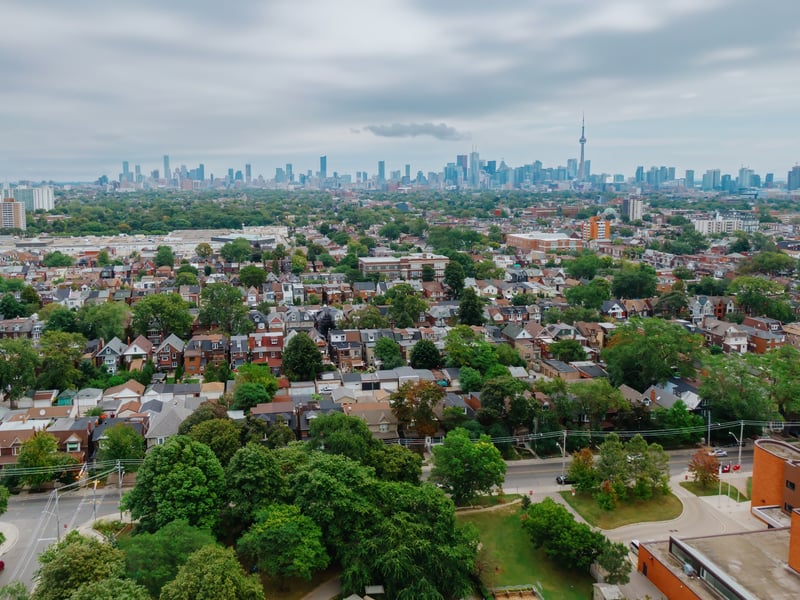Demand is strong, but can external pressures slow growth?

The Canadian luxury real estate market experienced a strong start in early 2025, with sales increasing in 75% of major markets. However, economic concerns, including the impact of looming US tariffs and stock market volatility, have dampened activity in some of the country’s highest-priced housing segments, according to RE/MAX Canada’s 2025 Spotlight on Luxury Report.
The report, which examined luxury real estate trends in 12 major markets, found that smaller luxury markets saw significant sales growth, while traditionally high-priced areas such as Greater Toronto and Greater Vancouver recorded year-over-year declines.
Among the strongest performers was Saskatoon, where luxury home sales doubled compared to the previous year, followed by Montreal (+78.6 %), Edmonton (+69.7 %), and Ottawa (+51.5 %). In contrast, Hamilton (-41.2 %), Greater Vancouver (-12.8 %), and the GTA (-11.2 %) saw notable drops.
“Canadian homebuyers expressed solid enthusiasm for luxury real estate of out the gate in 2025,” said Kingsley Ma, area vice president at RE/MAX Canada. “Unfortunately, the climate changed quickly amid increased political tensions between Canada and the US as a trade war ensued and tariffs on goods were levied by both countries, fuelling uncertainty.”
Luxury market segmentation
While higher-end markets struggled, sales in the lower-to-mid luxury price points remained strong, particularly in Edmonton and Saskatoon. Government policy changes—such as raising the CMHC-insured mortgage cap to $1.5 million and allowing 30-year amortizations—have been attributed to the increase as more buyers enter the luxury market, particularly in these regions.
Luxury condominiums also showed resilience, with Vancouver recording 15 sales above $3 million in early 2025—a significant jump from zero in the same period last year. The GTA saw 12 condo sales above $3 million, including five above $5 million, marking a 9% increase from 2024.
Despite the overall cooling trend, ultra-luxury homes above $7.5 million in the GTA surged, with seven properties sold year-to-date, including four exceeding $10 million.
Wealth and immigration fuel demand
While short-term uncertainty has slowed some luxury homebuying activity, RE/MAX Canada pointed to strong underlying market fundamentals. Canada’s high-net-worth population continues to grow, with UBS Group reporting that the number of millionaires in Canada is set to rise from two million in 2023 to 2.4 million by 2028. Meanwhile, interprovincial migration and immigration continue to support luxury demand in cities such as Calgary, Edmonton, and Halifax.
“Despite some pullback in recent weeks, there is a thread of optimism in luxury housing markets across the country,” said Samantha Villiard, vice president of regional development at RE/MAX Canada. “The economic upheaval that the threat of US tariffs has brought to Canadian provinces to date has been profound, but underlying buying intentions are healthy. It’s now a matter of timing.”
Outlook
While economic and political uncertainty remains, industry experts believe the luxury market will recover once conditions stabilize. According to RE/MAX Canada, interest rate cuts and pent-up demand are expected to drive sales later in the year, with a more traditional spring market likely emerging by May or June.
What are your thoughts on the future of the real estate market? Share your insights in the comments below.



